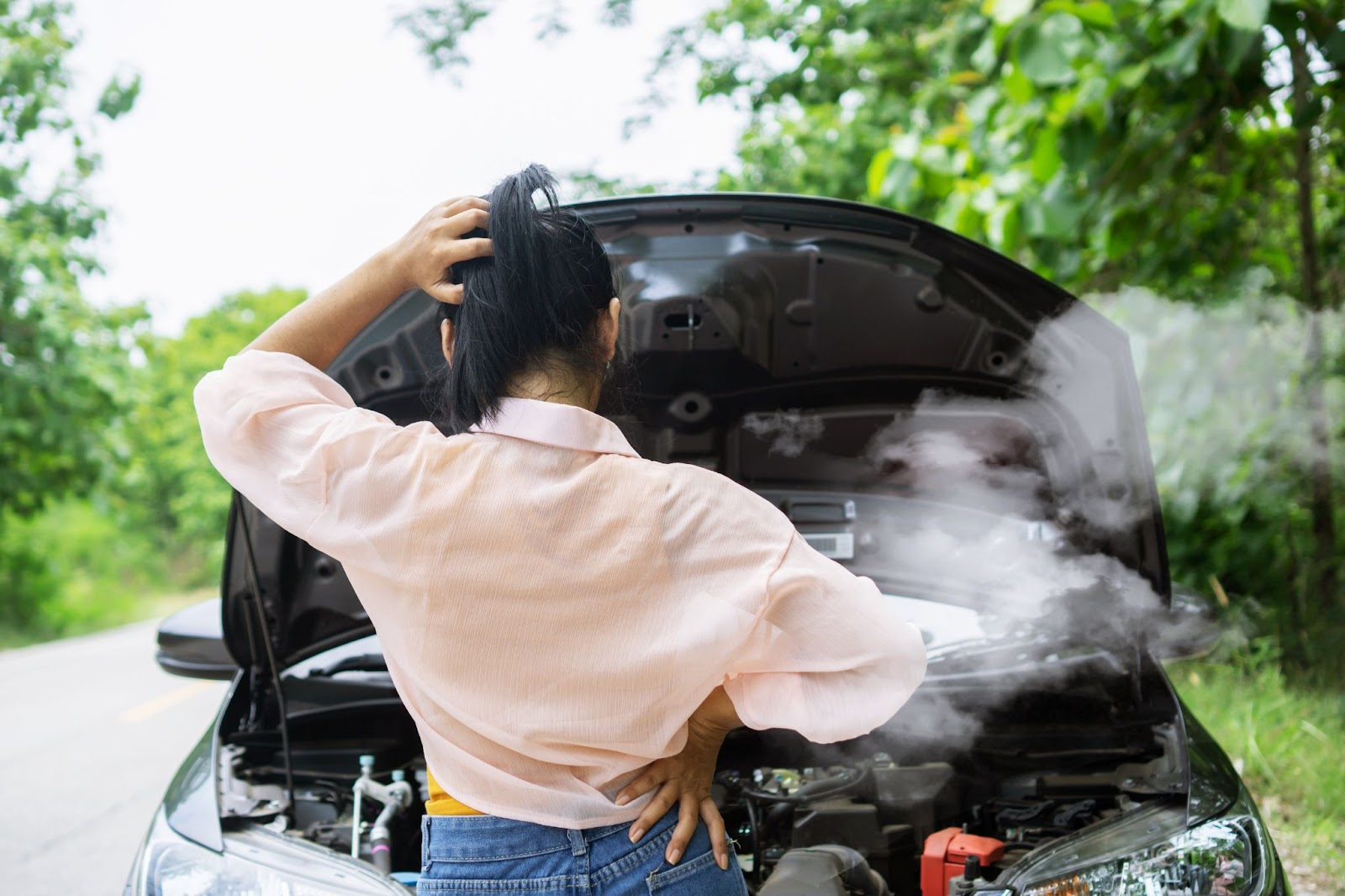Your car's engine is a complex piece of machinery, and when something goes wrong, it can be intimidating. While some engine problems require professional attention, understanding how to identify common car engine problems can save you time, money, and stress. This guide covers some frequent issues, their potential causes, and whether you might be able to fix them yourself (DIY) or if you need a mechanic.
Important Note: This article provides general information. Always consult your car's owner's manual and, if in doubt, seek professional help from a qualified mechanic. Working on your car's engine can be dangerous if you're not experienced.
1. Check Engine Light (CEL)
-
What it means: The CEL (also called the Malfunction Indicator Lamp or MIL) illuminates when the car's computer detects a problem with the engine, emissions system, or other related components.
-
Possible Causes: Literally hundreds of things can trigger a CEL, from a loose gas cap to a serious engine misfire.
-
DIY Potential: Very Limited. You can check the gas cap to make sure it's tight. You can also purchase an inexpensive OBD-II scanner (On-Board Diagnostics) to read the error code(s) that triggered the light. This code will give you a clue as to the problem, but it's not a definitive diagnosis.
-
When to see a mechanic: Almost always. Unless it's a loose gas cap, a flashing CEL indicates a serious problem that needs immediate attention. Even a steady CEL should be diagnosed by a professional to prevent further damage.
2. Engine Overheating
-
What it means: The temperature gauge is in the red zone, or you see steam coming from under the hood.
-
Possible Causes: Low coolant level, a faulty thermostat, a leaking radiator or hose, a broken water pump, a failed cooling fan.
-
DIY Potential: Limited. You can check the coolant level ( only when the engine is cool! ). You can visually inspect for leaks.
-
When to see a mechanic: Immediately. Driving an overheating engine can cause severe and expensive damage. Pull over safely and call for a tow.
3. Engine Won't Start
-
What it means: The engine cranks but doesn't fire up, or you hear a clicking sound, or nothing happens at all.
-
Possible Causes: Dead battery, faulty starter motor, faulty ignition switch, clogged fuel filter, no fuel, faulty fuel pump, faulty spark plugs, numerous other electrical or sensor issues.
-
DIY Potential: Limited. You can check the battery connections for corrosion and tightness. You might try jump-starting the car (if you know how to do it safely).
-
When to see a mechanic: If jump-starting doesn't work, or if the problem recurs, it's time for a professional diagnosis.
4. Unusual Engine Noises
-
What it means: Knocking, ticking, pinging, squealing, grinding, or hissing sounds.
-
Possible Causes: Low oil level, worn engine bearings, faulty spark plugs, loose or worn belts, vacuum leaks, exhaust leaks, and many other issues.
-
DIY Potential: Very Limited. You can check the oil level. You might be able to visually inspect belts for wear.
-
When to see a mechanic: Unusual engine noises should always be investigated by a professional. They often indicate a serious problem that could worsen quickly.
5. Rough Idling or Stalling
-
What it means: The engine runs unevenly at idle, or it stalls unexpectedly.
-
Possible Causes: Dirty fuel injectors, faulty spark plugs, vacuum leaks, faulty idle air control valve, clogged air filter, problems with the mass airflow sensor, and other issues.
-
DIY Potential: Limited. You can check the air filter and replace it if it's dirty.
-
When to see a mechanic: Rough idling and stalling can be caused by a variety of problems, many of which require specialized diagnostic tools and expertise.
6. Loss of Power
-
What is means: Engine runs, but the power is low.
-
Possible cause: Clogged fuel filter, air filter, Catalytic converter or problem with fuel pump.
-
DIY Potential: Limited
-
When to see a mechanic: If changing of mentioned filters don't work.
This guide covers some of the most common car engine problems, but it's not exhaustive. Remember, your car's engine is a complex system, and attempting repairs beyond your skill level can be dangerous and could cause further damage. When in doubt, always consult a qualified mechanic. Early diagnosis and repair can often prevent minor issues from becoming major, expensive problems.





